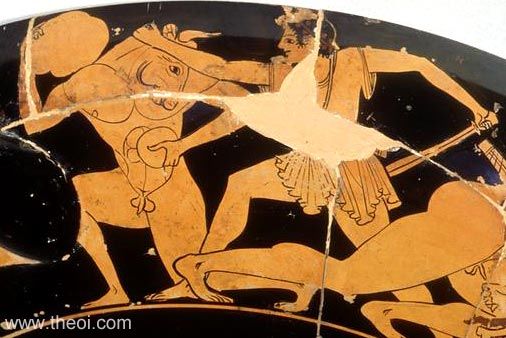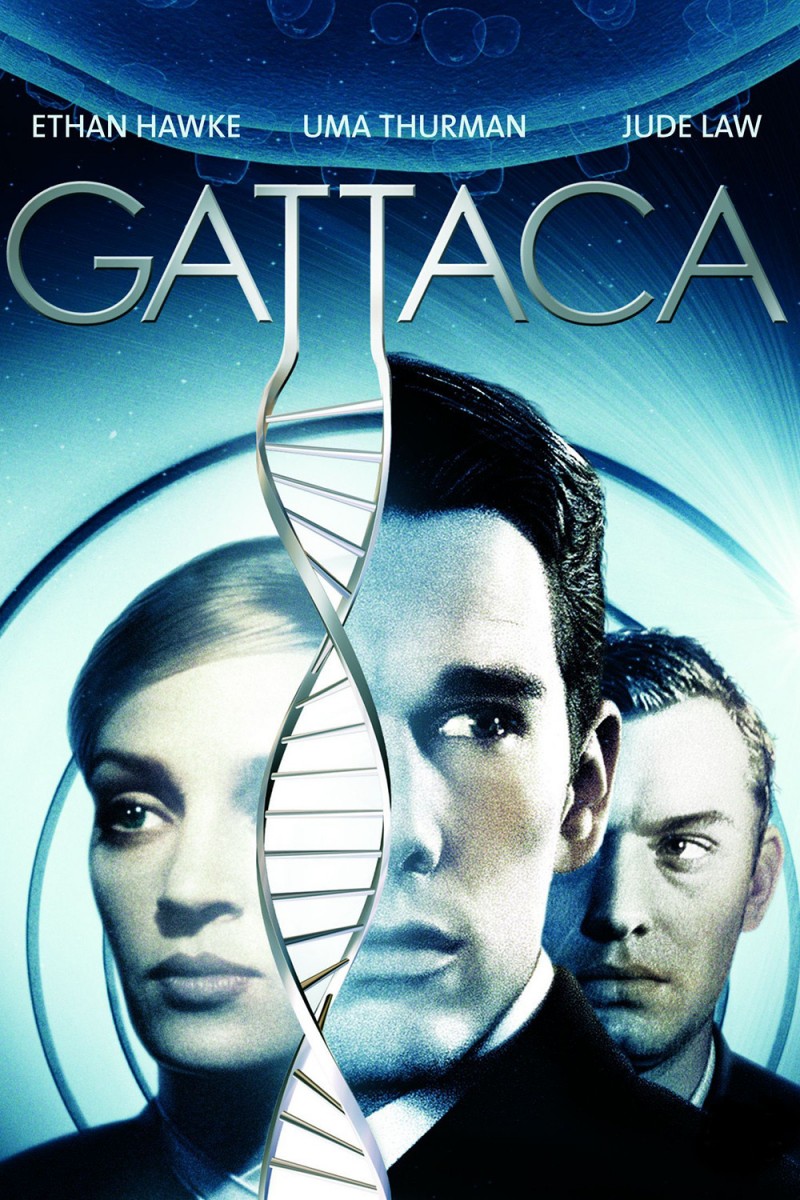When Gottschall says this in his book, he is talking about the evolution of story and just finishing up an interesting section on "reality" tv shows. I think that this statement sums up a large portion of his entire book (and his argument). There are certain things that draw us to fiction: characters, their predicaments, and the characters being freed from their problems. These things are easy to point out in the various forms of storytelling and Gottschall is using it to paint us a picture of how the future will look for storytelling. The various advances in technology are allowing stories to change and evolve based on decisions made by the readers/characters of the story. It is an intriguing point of view and I am inclined to agree with him that storytelling will never fade. In fact, I am one to believe that even the novel won't fade from view entirely. With the new Kindles, Nooks, and other e-readers out there, the novel is more easily accessible than ever and will continue to thrive within society. Storytelling itself will continue to evolve in some ways but the spoken story will remain forever a large part of storytelling so long as humans are just that; human.

I did find one source that disagrees with Gottschall and shows the "death of the novel" rather than how story will continue forever. I read through it and was forced to laugh because of how far off I believe it to be. I have already told my thoughts how how story will evolve including the change in the 'novel' itself.
Scott Branson. "Gide, Wilde, and the Death of the Novel." MLN 127.5 (2012): 1226-1248. Project MUSE. Web. 09 Nov. 2013.
My own research this week was a review/ in depth reading of the sources I have currently and eliminating ones that are too repetitive or aren't focused enough on my topic of choice (how biology has affected the film aspect of storytelling), but I am keeping my other topic on the backburner just in case this one falls through. The sources I have found for this first topic have been listed on previous blog postings, so if you're really curious, feel free to go back through them!

